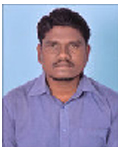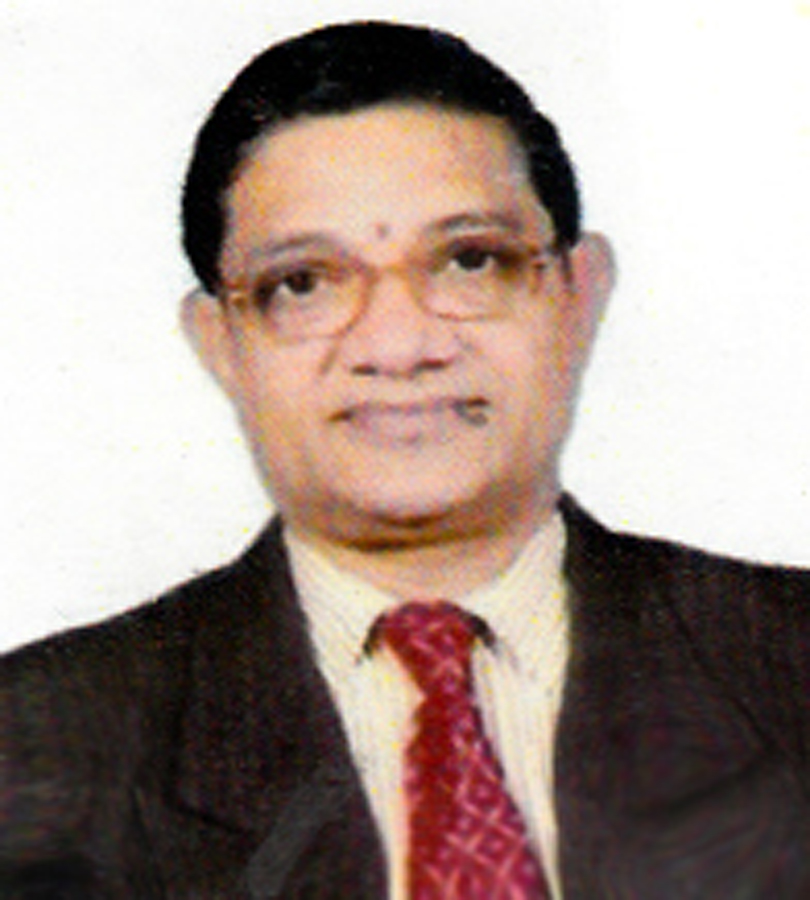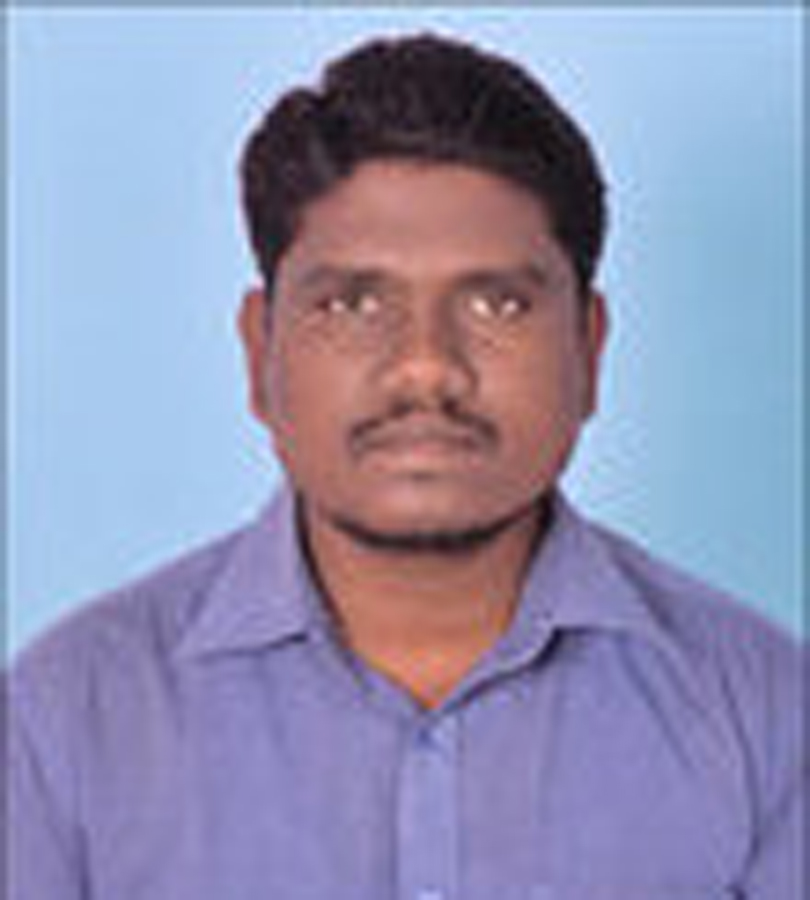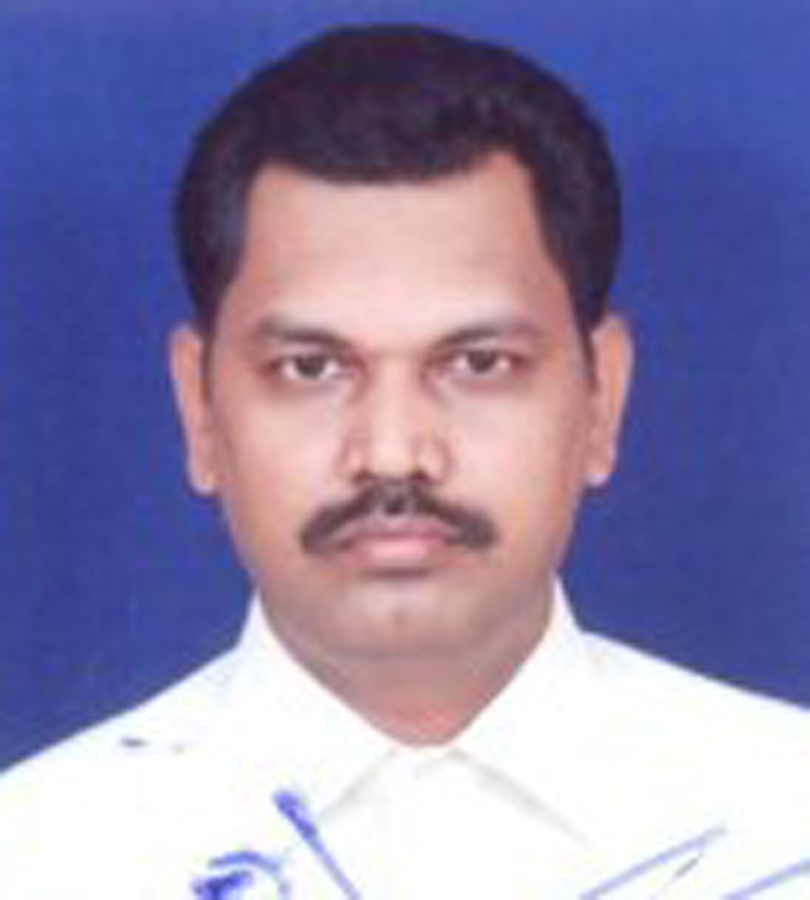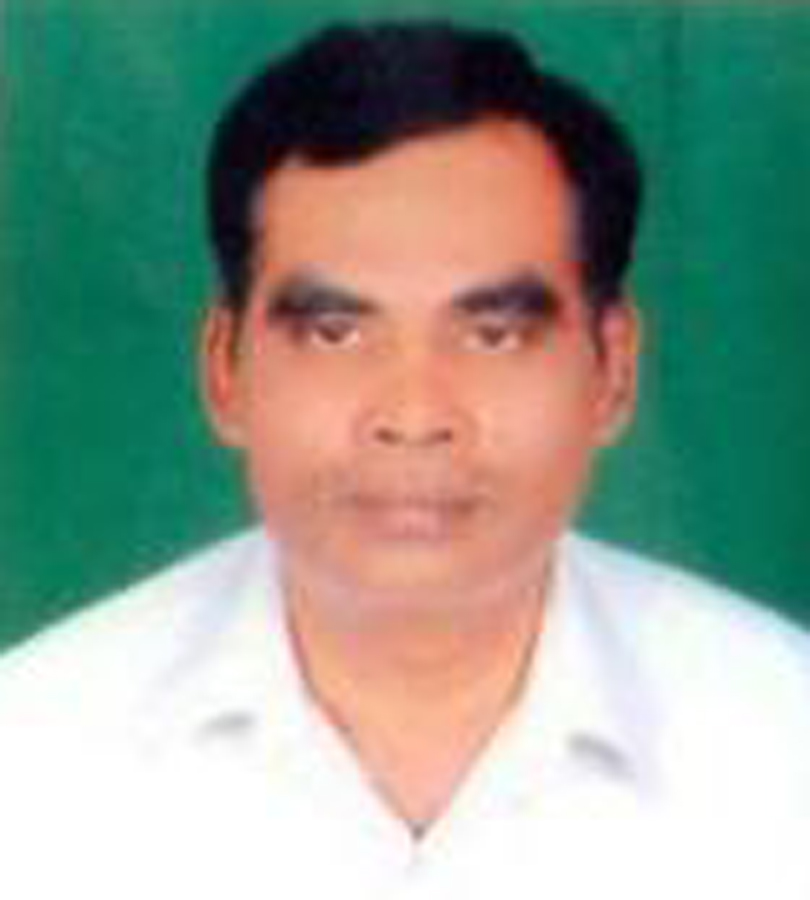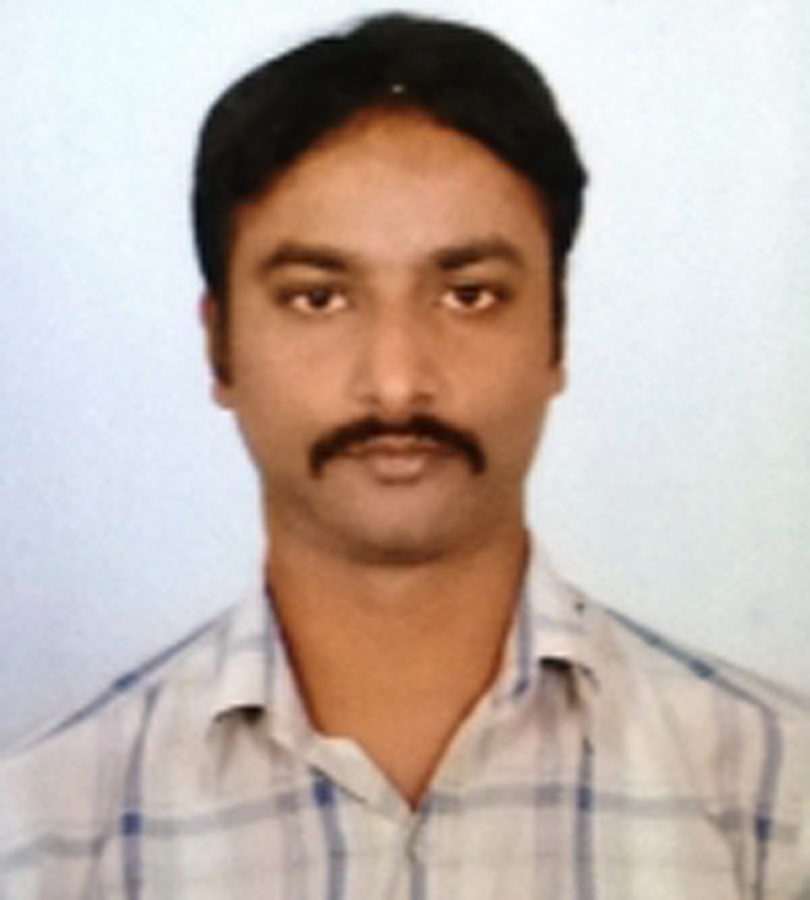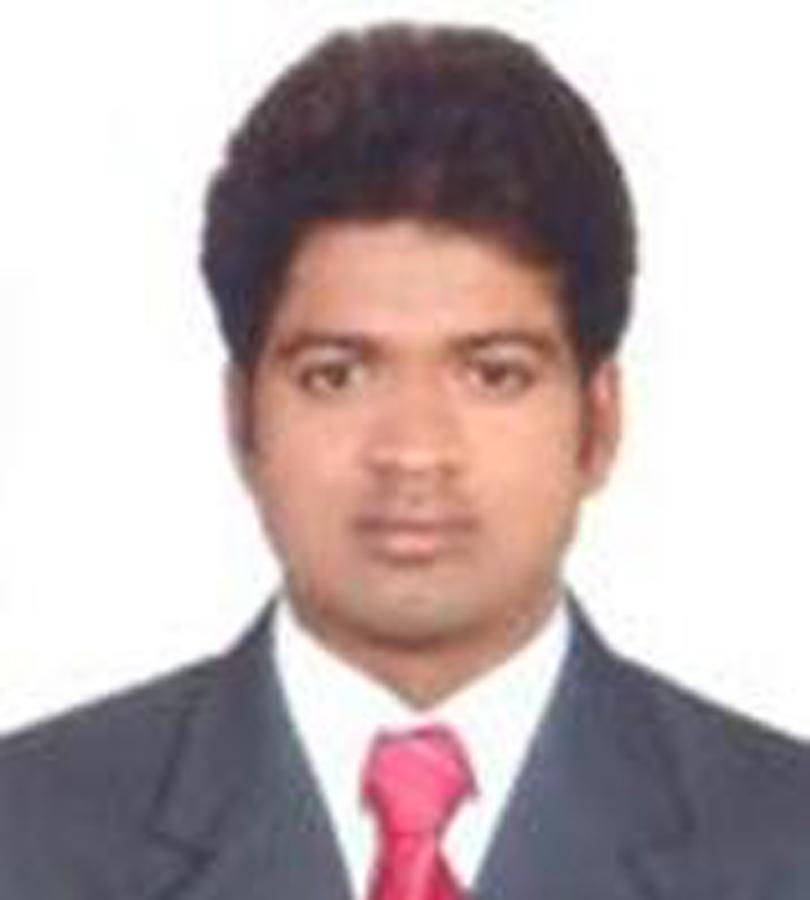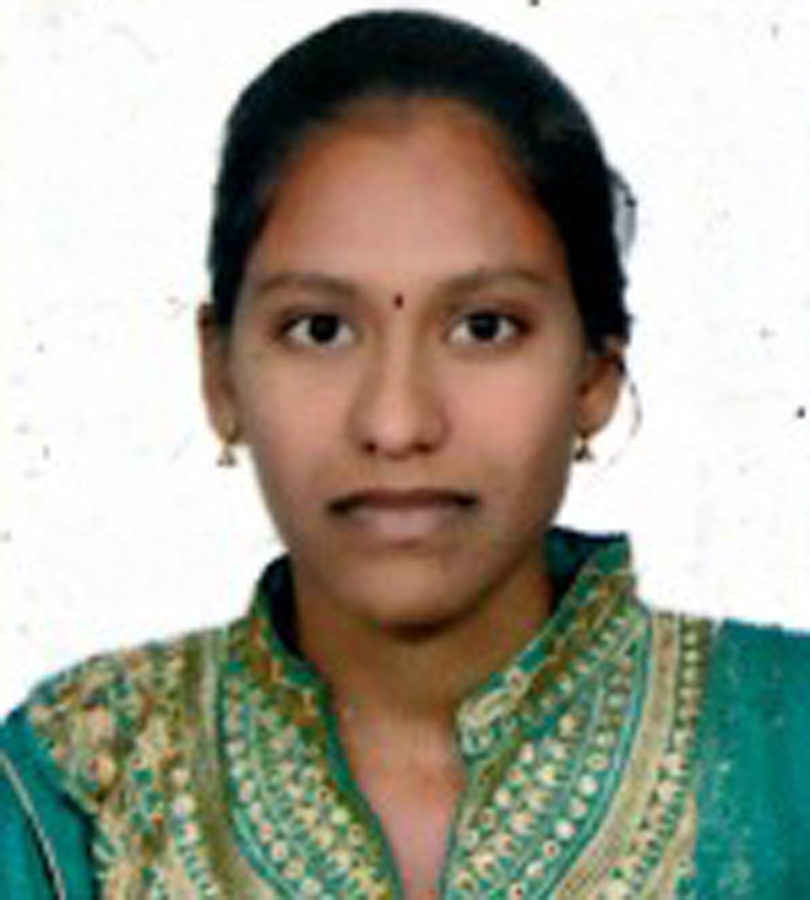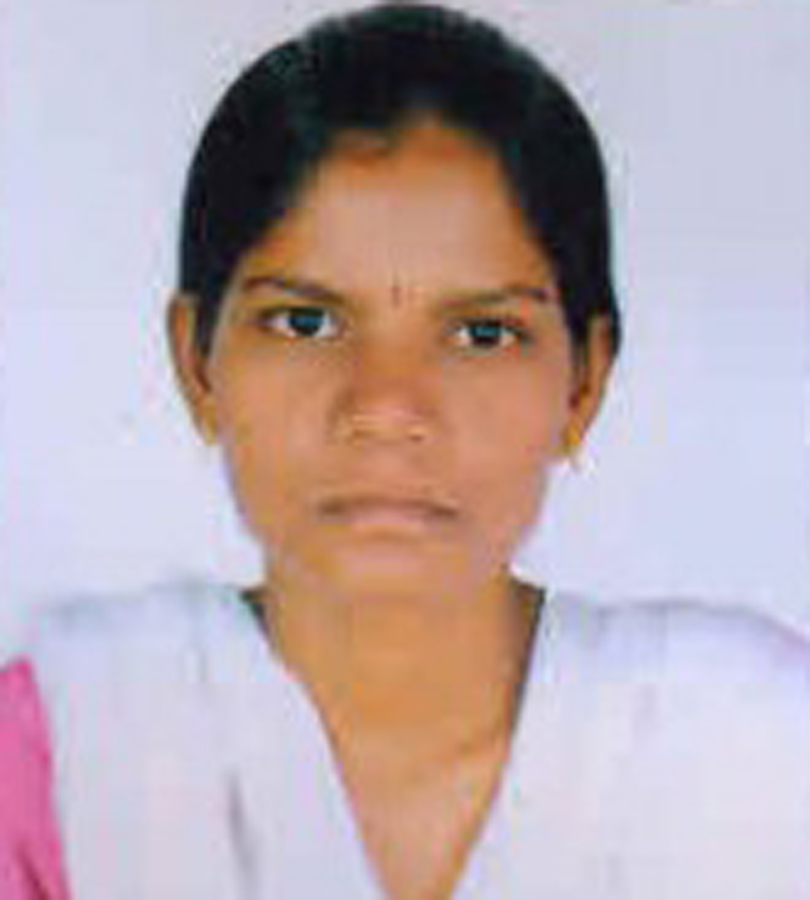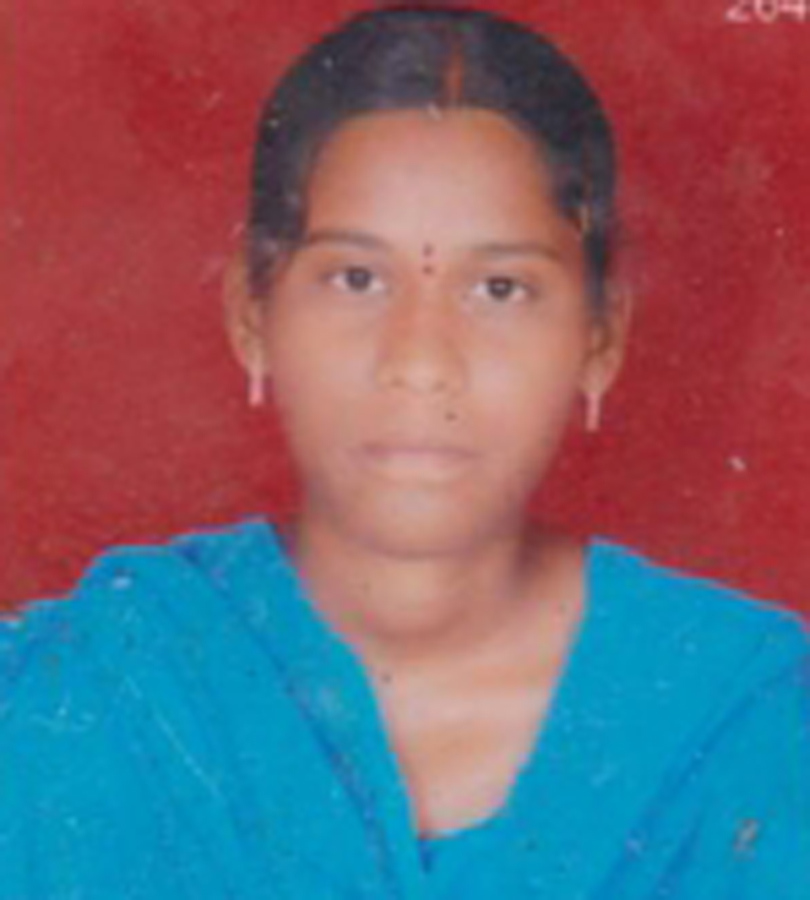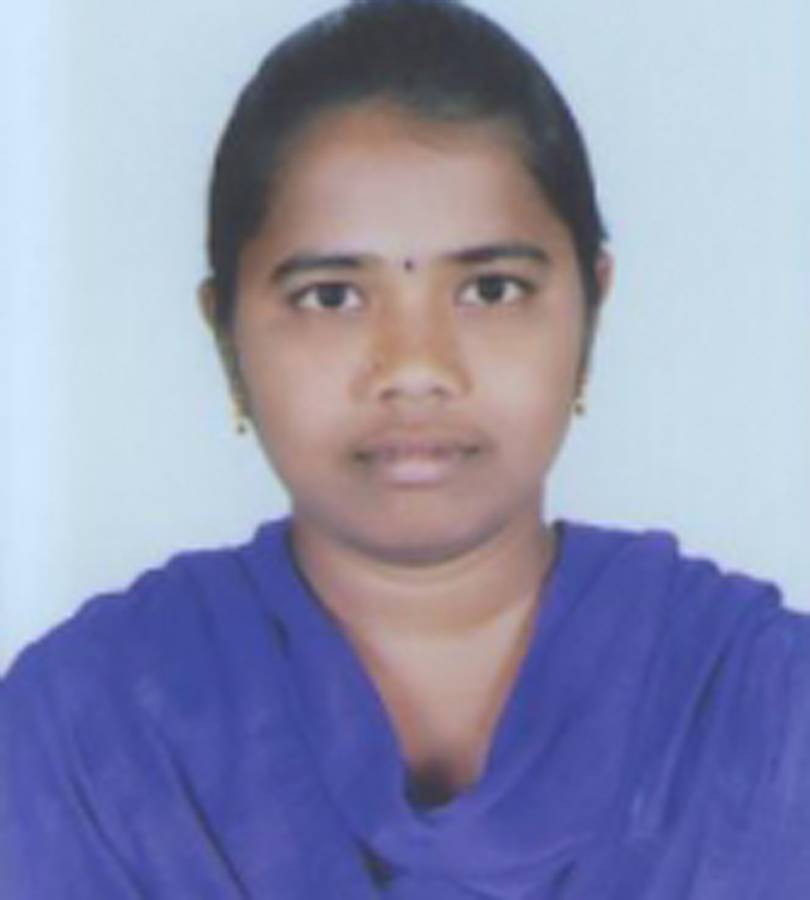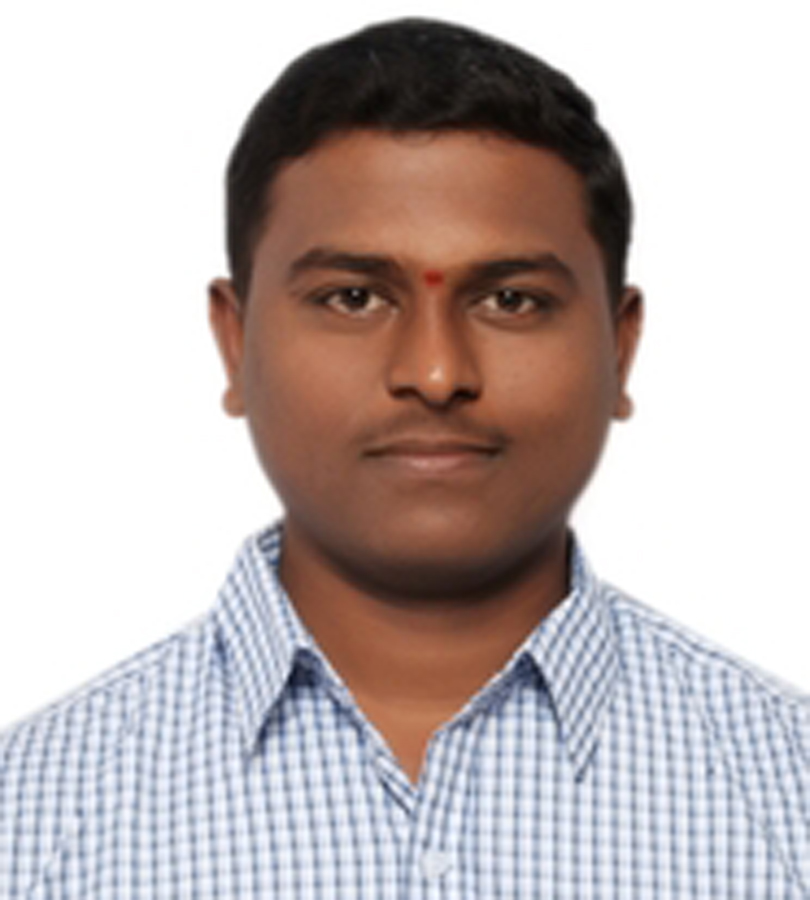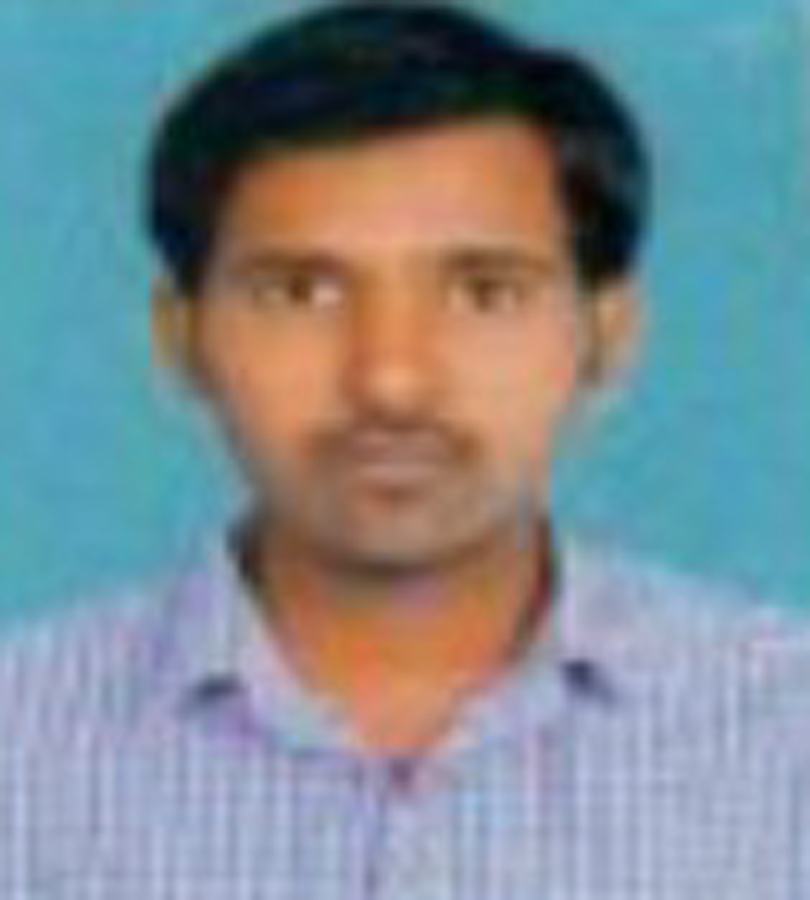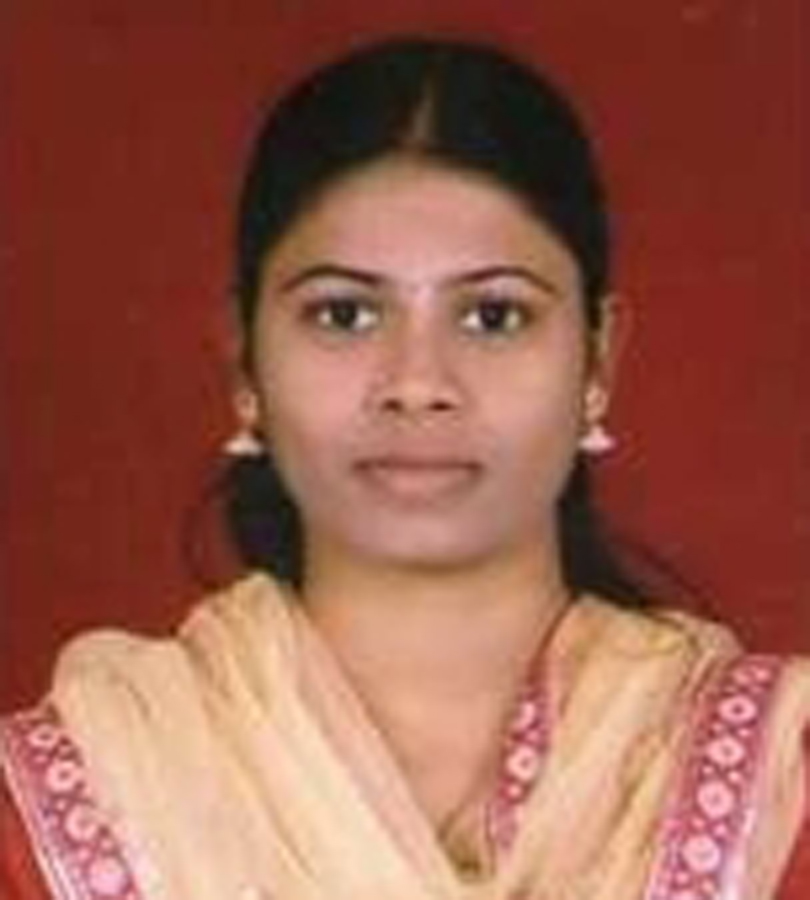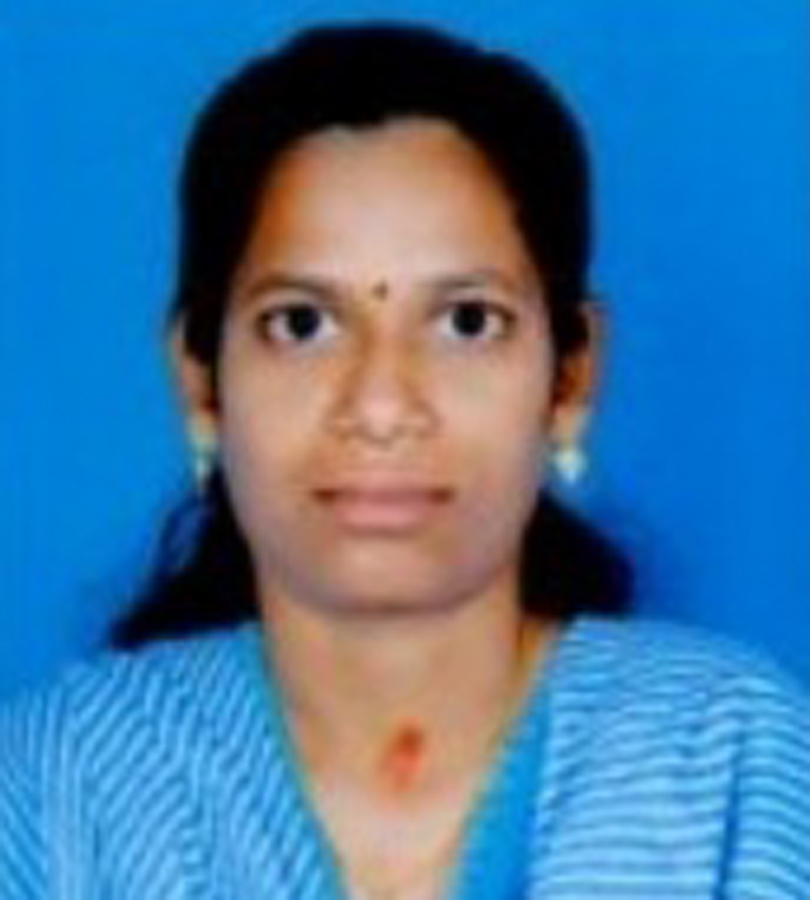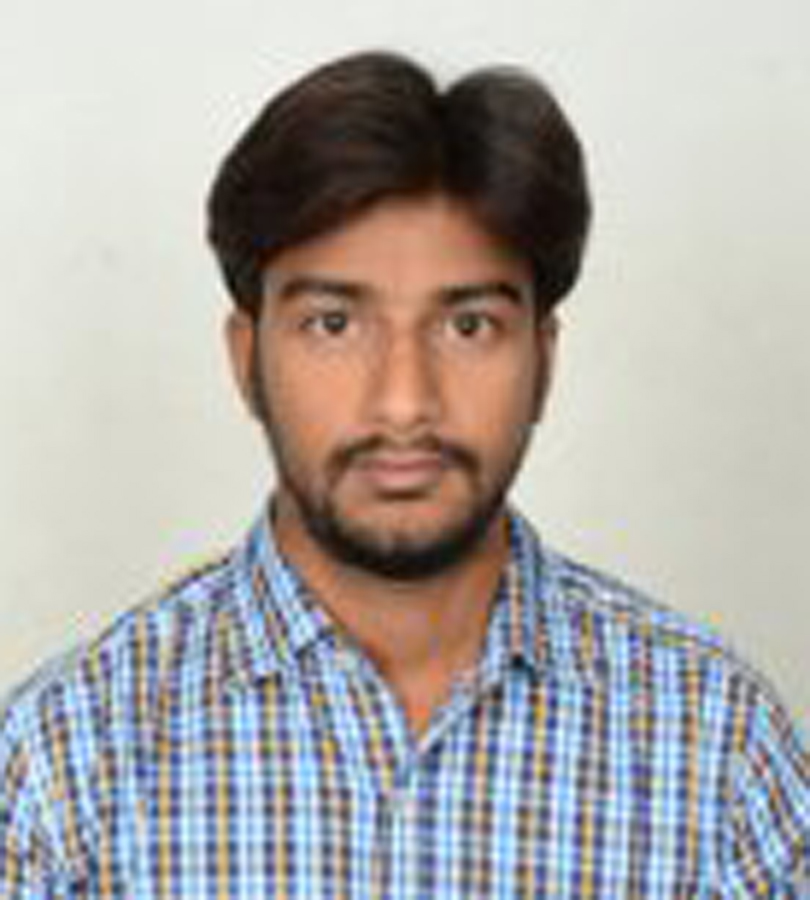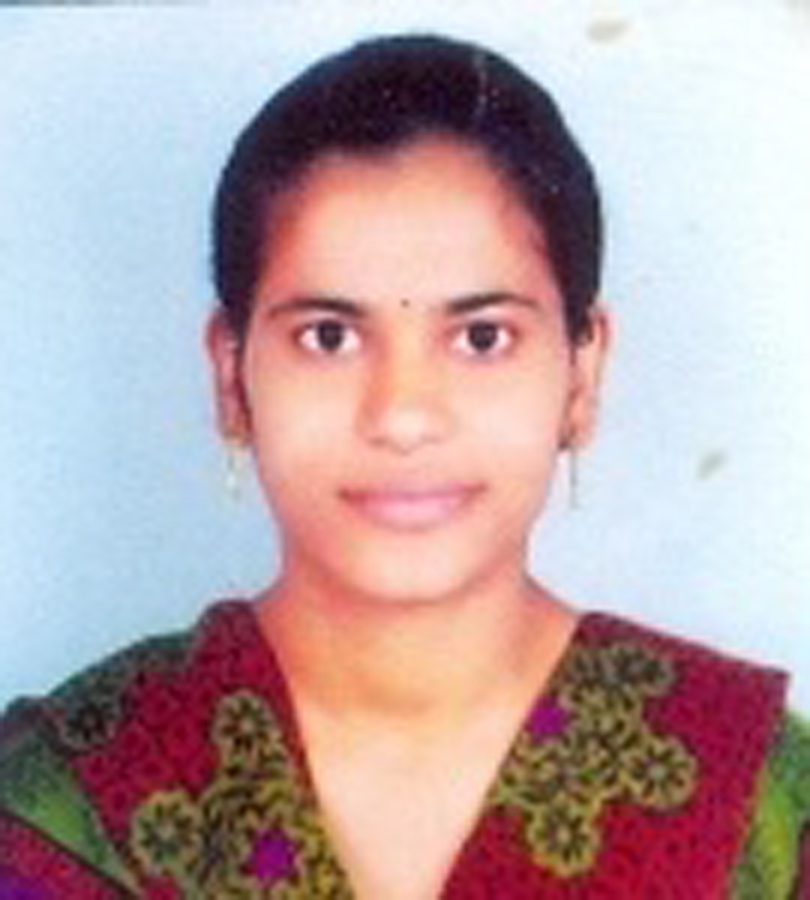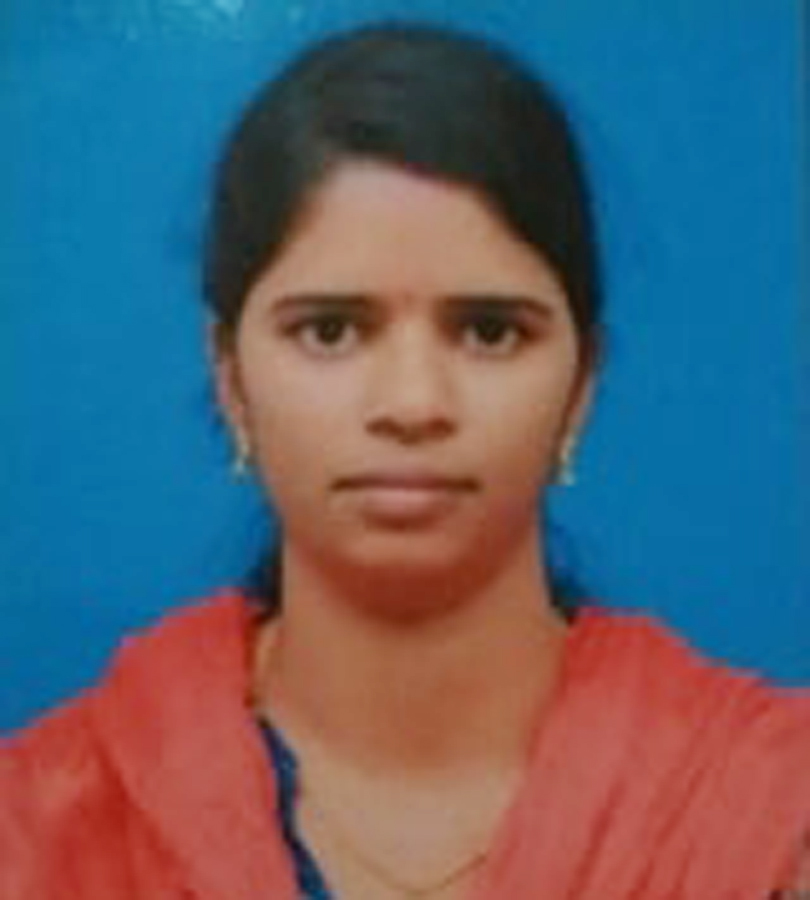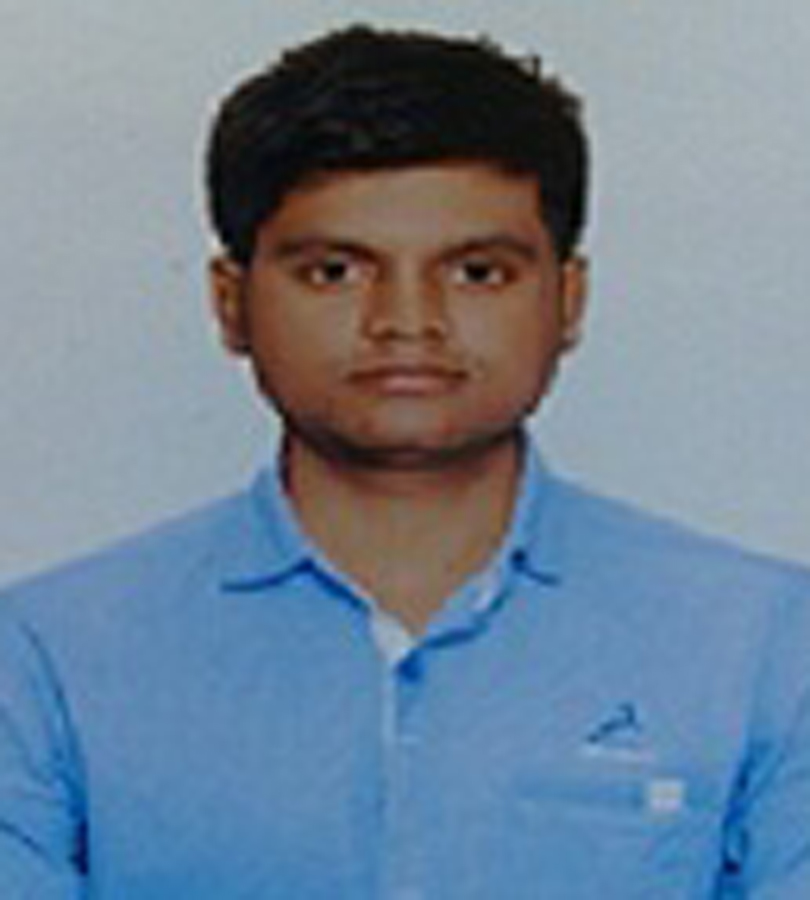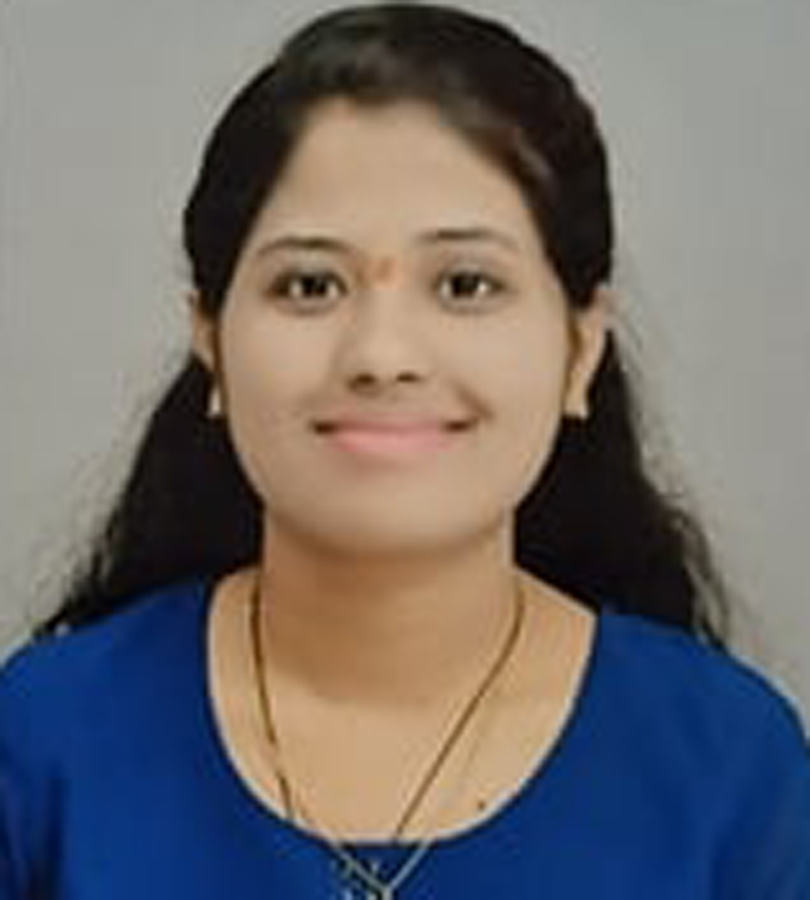The Department of Civil Engineering at the Siddhartha Institute of Engineering and Technology, Ibrahimpatnam, is providing a better knowledge to the students for facing challenges at the outside world. It has a well-qualified and dynamic faculty and technical staff with diverse area of specialization of geotechnical, environmental, construction & planning, Transportation and structural engineering. The Department is committed to produce eminent engineers who will make significant contribution in planning and execution of projects. The Department offers a four-year course leading to the Bachelor’s Degree in Civil Engineering The Department is equipped with all the lab facilities required to serve under-graduate. With state of the art teaching and laboratory aids, the Department also provides knowledge of the practical problems to the students by organizing routine visits to construction sites. The Department is also enriched with the analytical tools like Auto CADD, Staad Pro, Arc GIS to provide exposure to its stakeholders about the structural design and highway design problems.
The department for training and placement of the students puts in special efforts. Students are also encouraged and provided guidance to appear for GATE and other competitive examinations like TSPSC, IES, etc. Many B.Tech students of Civil Engineering has participated in national technical events organized by different colleges and won the prizes. Also departmental development is going on. I assure that all facilities with leading technology will be available under one roof.
The Department Head Mr. Y Naveen Kumar has twelve years of teaching experience, six months of site experience before joining in Siddhartha Institute of Engineering & Technology Ibrahimpatnam, Hyderabad. He has held position such as Lecturer, Assistant professor, Research assistant, Workshop Coordinator, Site engineer. He published 6 international publications and attended many workshops & FDP programs.
Qualified in Gate - 2007 Examination.
Qualified in Gate-2007 Examination.
Paper selected for AMTID-2011 International Conference at NIT CALICUT "Early Prediction of Strength of Fly Ash Concrete Mixes of Any age" (Ref No. C019) Paper selected for ICRIEAT-2016 international conference organized by Aurora's Scientific, Technological &Research Academy " Compressive strength and Durability Properties of Geopolymer concrete" (Page No. 91)
Paper selected for IC-ISE-2017 international conference organized by Osmania University "Effect of Molarity on Compressive Strength Properties of Geopolymer Concrete With Fly ash and GGBS" published in International journal of Emerging Technology and Advanced Engineering(IJETAE) E-ISSN 2250-2459, UGC Approved List of Recommended Journal, Volume 7, Special Issue2, December 2017, Impact Factor of 5.119.
Paper selected for NICEST-2018 National Conference organized by Mahatma Gandhi Institute of Technology "Study on Glass Fibre Reinforced Geo Polymer Concretes with Fly Ash and GGBS" Published in Journal of Emerging Technologies and Innovative Research (JETIR) ISSN: 2349-5162 UGC Approved List of Recommended Journal, Voiume 5, Issue2, Febrauary 2018, and Impact Factor of 5.87.
Paper selected for IC-SAFRI – 2021 International Conference on Sustainable Approach for Resilient Infrastructure (IC-SAFRI 2021) organized by Chaitanya Bharathi Institute of Technology “Mechanical Properties of Geopolymer Concrete Reinforced with Steel and Glass Fibers with various Mineral Admixtures” Published in Materials Today Proceedings Journal, Elsevier Publications ISSN: 2214-7853.
Successfully completed NPTEL Online Certification course in “Design of Reinforced Concrete Structures’’ during Sep-Dec2020.
Successfully completed ARPIT course for career advancement scheme promotion in “Sustainable Construction Materials and Techniques” during 1st Dec 2020 – 31st March 2021.

